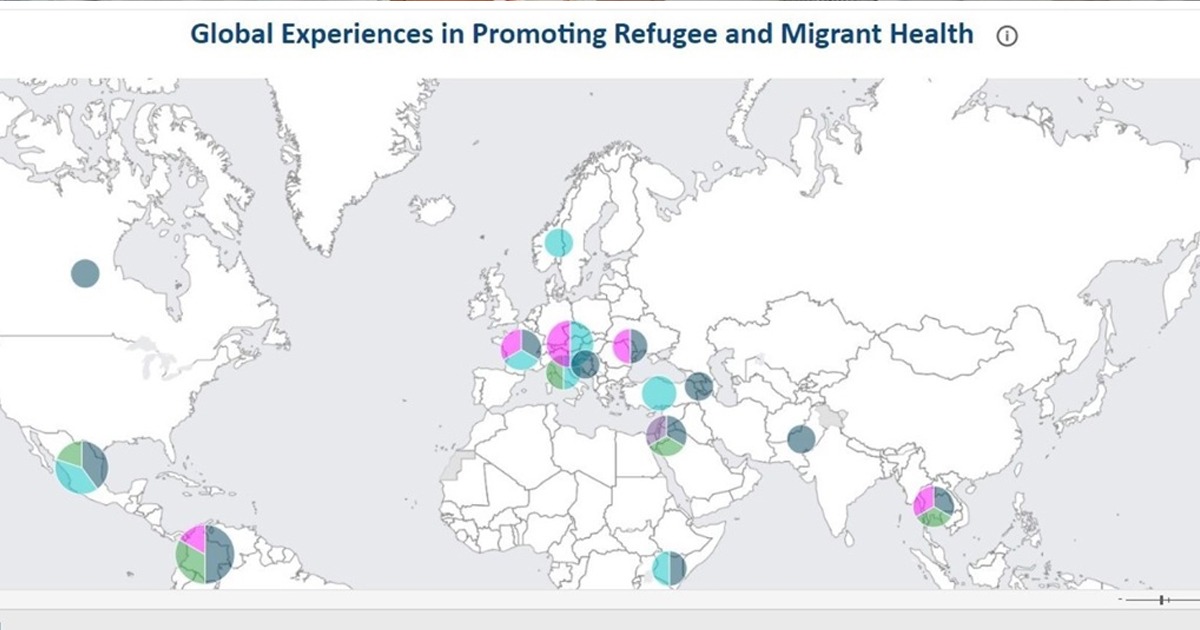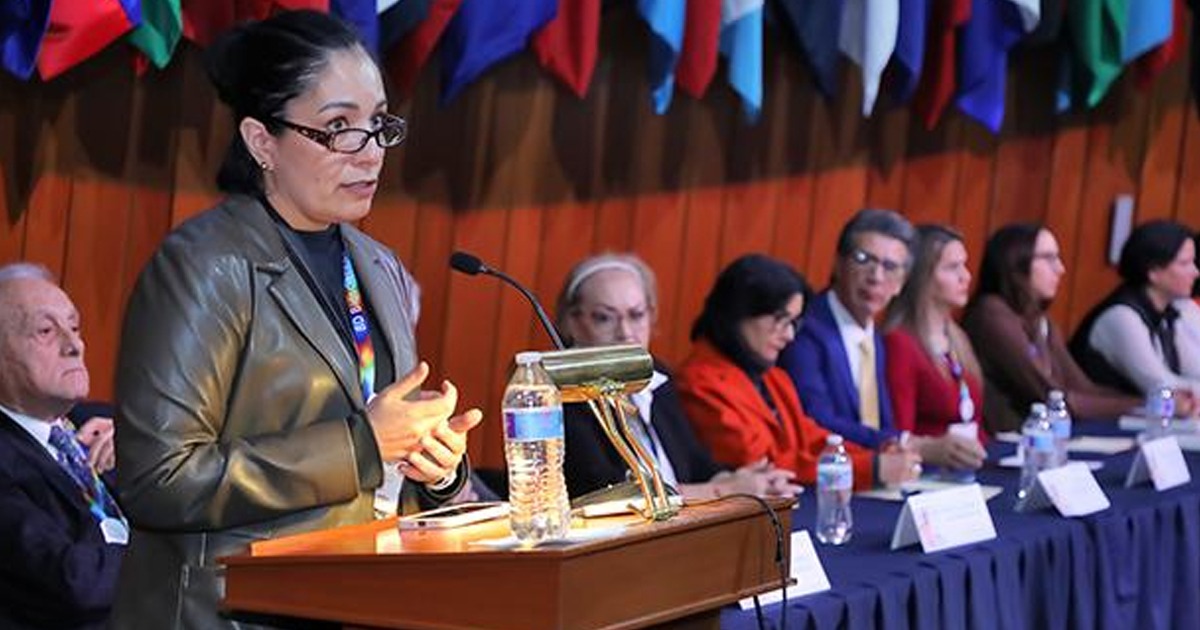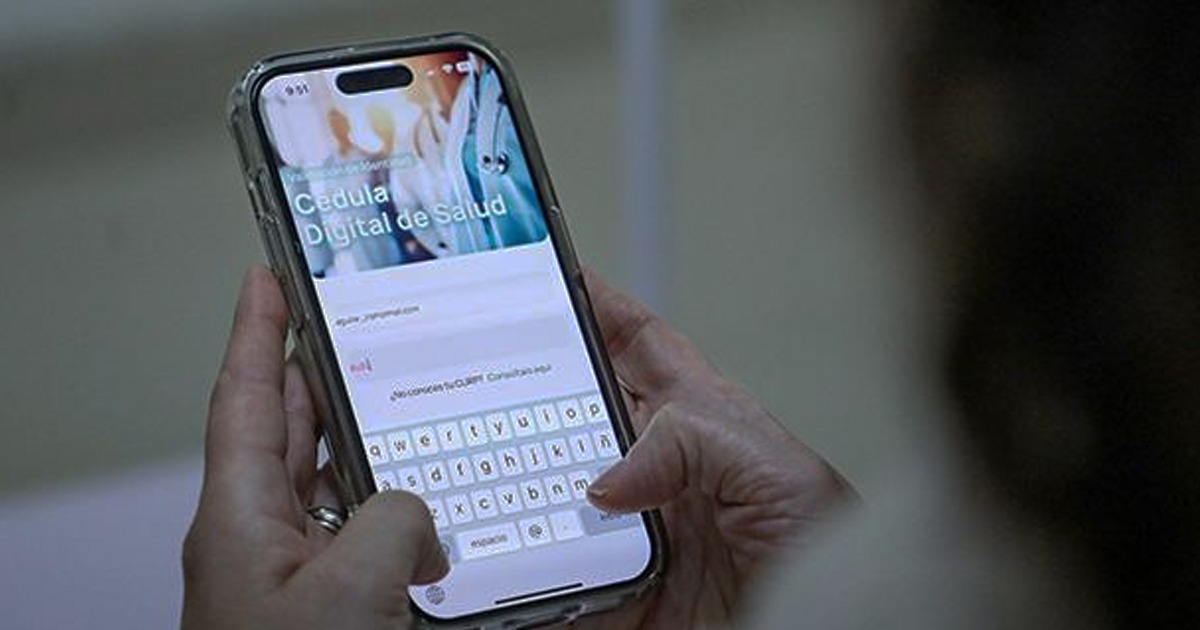Countries in Latin America have created strategies in response to the pandemic around the use of mobile devices and applications.
During the Latin American Summit HIMSS 21, representatives of government agencies in Latin America, explained the importance that mobile applications and the use of devices have had during the COVID-19 pandemic.
In the Panel "Maintaining support for clinical decision-making and the adoption of telehealth beyond COVID-19", strategies were presented that have allowed a boost in the adoption of health technologies in the short term.
Fernando Benegas, secretary of Innovation and Digital Transformation of the Government of the City of Buenos Aires, explained that, in the Argentine capital, the WhatsApp instant messaging application was used as part of its health strategy in the face of the pandemic.
The government of the federal capital opted for the use of this application due to its low maintenance cost, its reach in the population and its low mobile data costs. Through WhatsApp, the government of the City of Buenos Aires established communication with citizens, for various purposes, such as scheduling appointments for COVID tests, to consult information, among others. "We grew from 4.5 million conversations during 2020 to more than 13.8 million so far in 2021," Benegas explained.

Another success story happened in Uruguay, which, since the beginning of the first confined cases of COVID-19, the government of Uruguay adopted a digital strategyguided by a group of experts. Two areas were formed to manage the pandemic, and several additional subgroups, one of them called Mobility and Apps, in which the initial objective was to monitor the mobility of the population through applications on smartphones.
Through the group, the Coronavirus UY mobile application was created, which has been constantly updated, initially it was an application to consult information on the current status of infections in the country, and also had a self-assessment test and symptom monitoring . Subsequently, the contact traceability option was added to detect possible cases of COVID-19. And it is currently used to notify citizens about their COVID-19 vaccination appointments.
Additionally, the Uruguayan government has used chatbots on its official sites, as well as on WhatsApp and Messenger.
In Costa Rica, the Costa Rican Social Security Fund (CCSS), has the EDUS mobile application, the most downloaded in the country in the Health category. Through this application it is possible to access the United Digital Health File (EDUS), which gives the application its name, in addition to other options such as consulting information on medical appointments, vaccines, medical prescriptions, medical diagnoses, among others.





